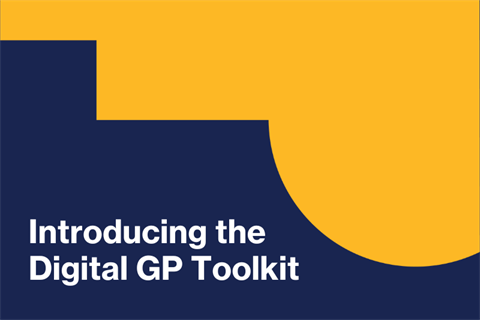Introducing the Digital GP Toolkit
Published on 13 March 2024

The Rural City of Wangaratta is excited to announce the launch of the Digital GP Toolkit. This innovative toolkit is designed to assist hospitals and medical providers in effectively marketing themselves to potential General Practitioners (GPs) through a strategic blend of digital content, including videos and photography.
This industry-led program was created by Council in response to Wangaratta’s critical shortage of GPs. It gained momentum thanks to a strategic partnership with the Violet Vines Marshman Centre for Rural Health Research, which provided a grant aimed at narrowing the gap in health outcomes between rural and metropolitan areas. The GP shortage not only effects the efficiency of our local health system but also jeopardises the well-being of our residents.
In conjunction with the Toolkit, a comprehensive marketing campaign has been devised to attract medical students and postgraduates seeking supportive environments to embark on their careers. The program highlights Wangaratta's unique attributes and establishes a rapport with the upcoming generation of GPs.
The Digital GP Toolkit also responds to the overarching issue of health workforce shortages and the high turnover rate of GPs in rural regions like Wangaratta. These challenges have contributed to poorer health outcomes for rural Australians, characterised by elevated rates of chronic illnesses, injuries, and mental health concerns. By removing the barriers that deter healthcare professionals from rural settings, this project aspires to cultivate a skilled health workforce capable of meeting the community's needs.
Underlining the significance of this initiative, the recent Victorian Skills Plan for 2023 into 2024 identifies healthcare as one of the top three industries expecting new workers in regional Victoria, with an estimated 22,600 new job opportunities by 2026. This context highlights the urgent need for healthcare professionals, including GPs, in rural settings. Emphasising the importance of the Wangaratta initiative not just for the local community but as a critical component of a broader strategy to address healthcare workforce shortages across Victoria.
This program is not just about filling job vacancies; it's about creating a sustainable healthcare environment where quality care is accessible to all residents of Wangaratta. It represents a significant step toward equalising health outcomes across Australia and offers a promising model for other rural communities facing similar challenges.
Dean Rees, Mayor of the Rural City of Wangaratta emphasised the role of community and government collaboration in realising enduring healthcare improvements. "This program demonstrates our commitment to not only address the immediate shortage of healthcare professionals in our region but also to lay the groundwork for long-term health and well-being for all Wangaratta residents. By working together, we're establishing a standard for rural healthcare, ensuring that our community's health needs are met now and, in the future,” he said.
Libby Fifis the Chief Executive Officer of Northeast Health Wangaratta is also committed to the cross organisation approach:
“Medical workforce shortages aren’t restricted to GPs; this is a challenge across the health system.”
‘”No healthcare is in isolation and often includes the GP, our health service, and community care, so this project has been a great opportunity to collaborate in support of a strong health sector in this region, showcasing both positive career and lifestyle offerings.” She said.